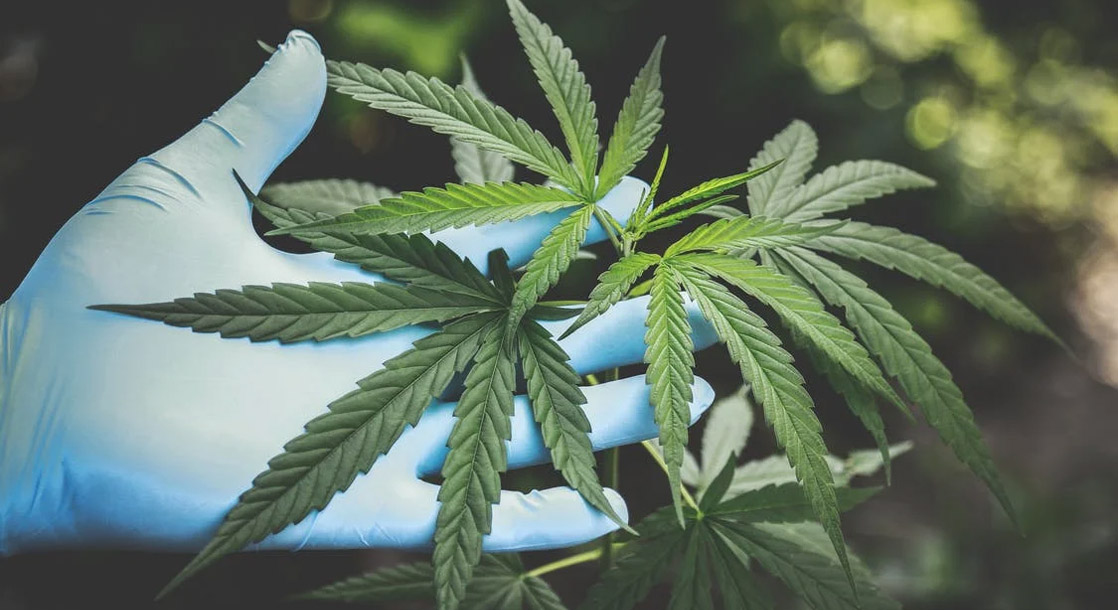The Rwandan government is working to grant business licenses for growing, processing, and exporting medical marijuana – but it still intends to prohibit its own citizens from using this home-grown medicine.
The Rwanda Development Board (RDB) has officially set aside 134 hectares (331 acres) of land to be used for commercial cannabis farming, according to a report by local news outlet The New Times. Rwanda initially legalized medical marijuana in 2020, but this new law will only allow companies to grow cannabis for export purposes only. Cannabis use by Rwandan citizens will remain strictly prohibited, even if used medicinally.
“RDB has been working with other government stakeholders to assess proposals received,” the agency said in a statement reported by The New Times. “The government of Rwanda set a rigorous process to select companies that have or are partnering with companies that have previous experience in the production of cannabis for medical and therapeutic reasons. The assessment process has different stages. So far 5 companies are in the advanced stage.”
The RDB is working with several other government agencies to draw up regulations for medical pot. Officials have said that they will allow legal weed companies to break ground as soon as this infrastructure is in place, but before companies can receive their licenses, they must first implement strict security measures to ensure that every scrap of legal bud ends up leaving the country.
“If you get licensed to grow these therapeutic crops in Rwanda, you will be required to have in place a very strong security program that has to be approved by our security organs, and that security program is going to be highly implemented,” said Claire Akamanzi, the Chief Executive Officer of RDB, The New Times reported.
“There will be no way that [cannabis] can leak out of the farm to go to the domestic market or to the wrong users,” Akamanzi added. “The crops will be in a very designated place, there will be very strong measures, whether it is CCTV cameras, watch towers, street lights, and human security. So it is going to be extremely secure.”
Government officials are insisting on these extreme security measures because cannabis use, whether medicinal or recreational, will remain strictly prohibited in the country. Any Rwandan who is busted smoking weed can be fined between 500,000 to 5 million Rwandan francs (US$492 to $4920). These fees alone are an extreme punishment for a country where the average citizen makes $200 a month, but cannabis users can also face 3 to 5 years in prison as well.
These extreme penalties make it clear that Rwandan politicians only care about the financial value of cannabis, and not its actual therapeutic potential. Government officials have predicted that a single hectare of legal export weed can bring in $10 million, which could net the country more than $1.3 billion for its current allotment of 134 hectares.
Other African nations like Uganda and Zambia have also passed laws that will allow them to cash in on the legal weed market without allowing their citizens to actually use medical pot. Zimbabwe, Malawi, and Ghana have legalized the medicinal and industrial use of hemp, but not high-THC cannabis.
Out of the 54 countries in Africa, only two have actually embraced serious cannabis reform. Lesotho legalized medical cannabis in 2017, and South Africa legalized personal recreational use the following year.











